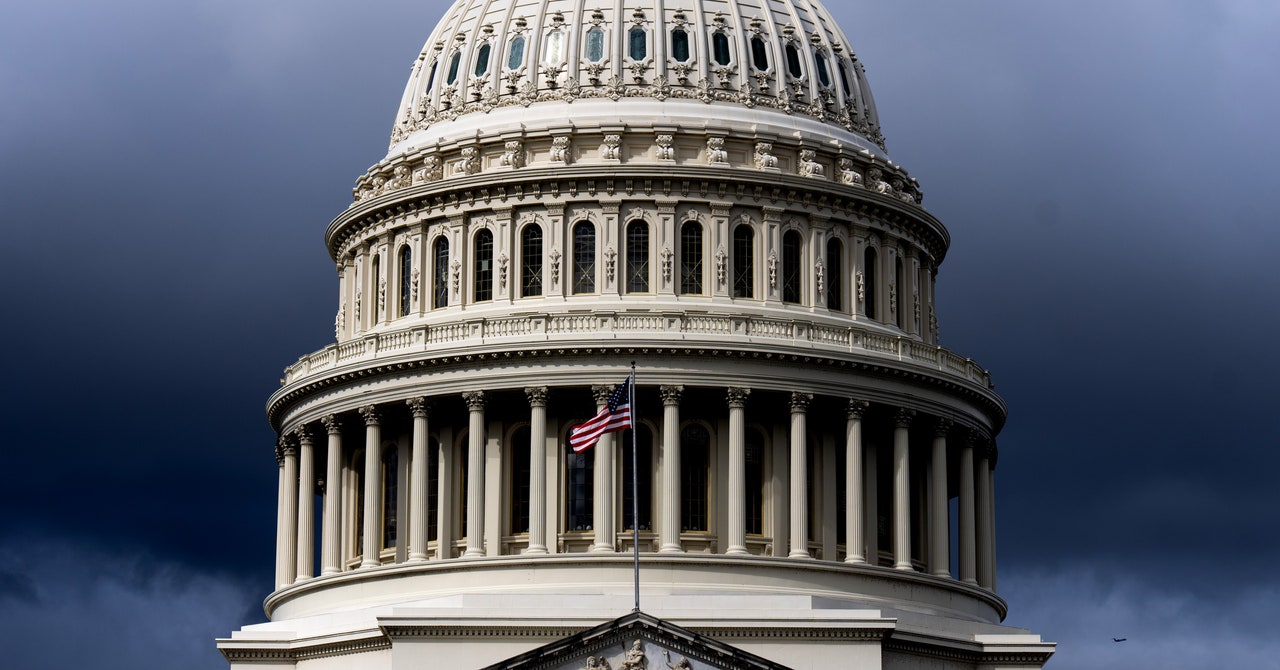Italy has become the first Western country to ban the use of the advanced chatbot, ChatGPT, due to concerns over privacy. ChatGPT, created by US start-up OpenAI and backed by Microsoft, is a language model that can answer questions and mimic various writing styles using the internet as its database.
Global Block on ChatGPT
While ChatGPT has been used by millions of people since its launch in November 2022 and recently added to Bing and Microsoft Office apps, it has also been banned in several other countries, including China, Iran, North Korea, and Russia, over concerns regarding the potential risks of artificial intelligence (AI). Earlier this week, several key figures in the tech industry, including Elon Musk, called for the suspension of AI systems like ChatGPT amid fears that their development was out of control.
Italian Watchdog’s Concerns
The Italian data-protection authority, Garante per la protezione dei dati personali, stated that it would investigate OpenAI’s compliance with General Data Protection Regulation (GDPR) and ban the use of ChatGPT “with immediate effect”. The watchdog has concerns over the mass collection and storage of personal data for the purpose of “training” the algorithms underlying the operation of the platform, as well as the exposure of minors to unsuitable answers compared to their degree of development and awareness.
OpenAI’s Response
OpenAI has not yet responded to the BBC’s request for comment on the ban. However, the company has previously acknowledged the need for responsible use of AI and has implemented measures such as language filters and content moderation in its products to minimize potential risks.
BEUC’s Call for Greater Regulation
Consumer advocacy group, The European Consumer Organisation (BEUC), has called for greater public scrutiny and control over AI systems like ChatGPT. The group has filed a complaint in the US and urged EU and national authorities to investigate ChatGPT and similar chatbots, citing concerns about potential deception and manipulation of users. While the EU is working on the world’s first legislation on AI, BEUC has expressed concern that it could take years before the AI Act takes effect, leaving consumers at risk of harm from insufficiently regulated technology.
Importance of Regulatory Compliance
Dan Morgan, from cybersecurity ratings provider Security Scorecard, emphasizes the importance of regulatory compliance for companies operating in Europe, stating that “compliance with regulations is not an optional extra.” This ban highlights the need for businesses to prioritize the protection of personal data and comply with the stringent data protection regulations set by the EU.
Source: BBC






